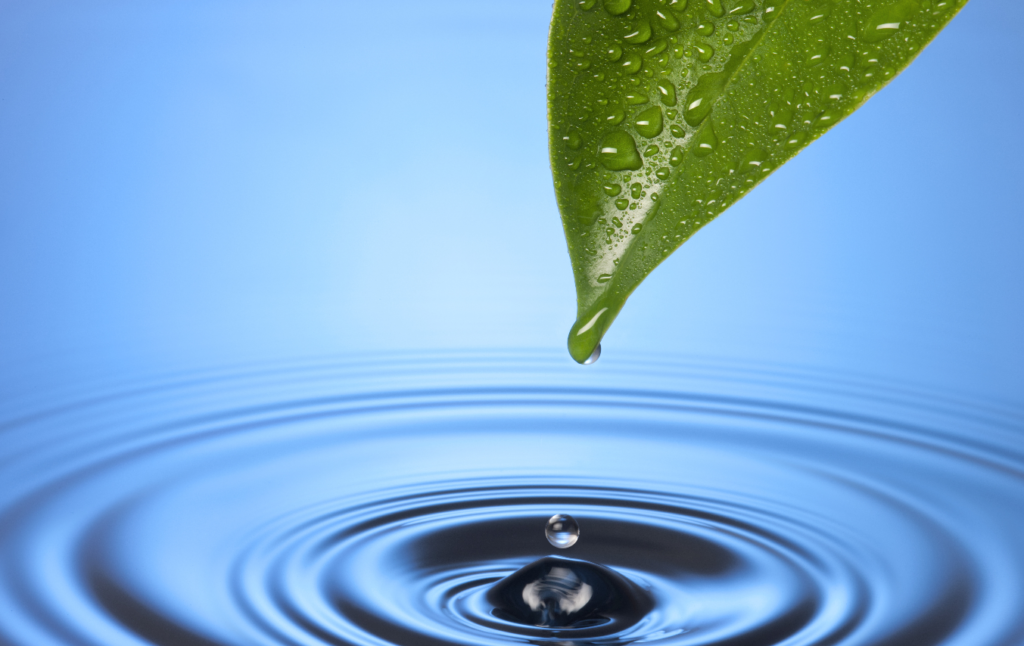How, exactly, does water affect your coffee? Honestly, we didn’t really know the full extent of it…not at first. We consider ourselves coffee experts—connoisseurs, if you will. And we understood that the flavor and make-up of our tap water definitely could enhance (or ruin) a great cup of coffee. Everyone knows that.
However, we never explored, in-depth, the science behind it all until recently. Yes, even though coffee is generally 80%-90% water, it all just escaped us. Now we’re enlightened.
Here’s a little about water’s effects on a mug of joe…
When it comes to coffee, water temperature counts.
As it turns out, there is a perfect temperature for a great coffee.
Since water extracts the flavor from your coffee, the temperature of the water you use is a big deal. Too-hot water will over-extract flavor from the grounds, and you’ll end up with a bitter cup—really bitter. (Not a fun, rich, “black coffee” kind-of bitter.) On the other hand, if your water isn’t hot enough, it’ll under-extract flavor, leading to…well, tasteless brown water.
Experimentation helps in this regard, but some sources—like the National Coffee Association—claim that the ideal water temperature is about 200°F.
Your coffee-to-water ratio is a big deal, believe it or not.
Again, since coffee is mostly water, the amount of water you put in? Definitely going to affect its flavor. We’re sure you already know this…but did you know that there’s a generally-agreed-upon “golden ratio” of water to coffee grounds that results in a perfect cuppa?
In short: it’s 1:17 coffee to water. Yes, yes, we understand math isn’t always fun, but if it results in an amazing java experience, we’re all for it.
So: if you feel like your coffee tastes a little odd, make sure you’re putting in enough water (or grounds) at about that ratio. Again, though, much like with water temperature, you can experiment a little here to your taste. Dropping to a 1:15 ratio will give you bolder coffee, while 1:18 will result in a lighter cup.
Filtered water makes a huge, important difference in coffee quality.
This is another flavor factor you probably had an inkling about: your water quality and composition directly affects your coffee quality. Filtered and unfiltered water will provide you with different espresso experiences, depending on what you use.
Basically, if you use filtered, “soft” water—that is, water with fewer added minerals—you’ll likely get the flavor out of your coffee that its makers intended. Unfiltered or “hard” water with minerals such as magnesium, however, will affect the taste of your coffee, for better or worse. These minerals attach to the water molecules and the coffee grounds, after all.
Water is critical to coffee—and to the world.
We’re coffee people, but because the old H2O has such a profound effect on our favorite drink, we’ve also had to become water people, as well. That’s why we’re donating to WaterAid, a nonprofit dedicated to making clean water, reliable toilets and good hygiene normal for everyone, everywhere within a generation. Click to learn more!




